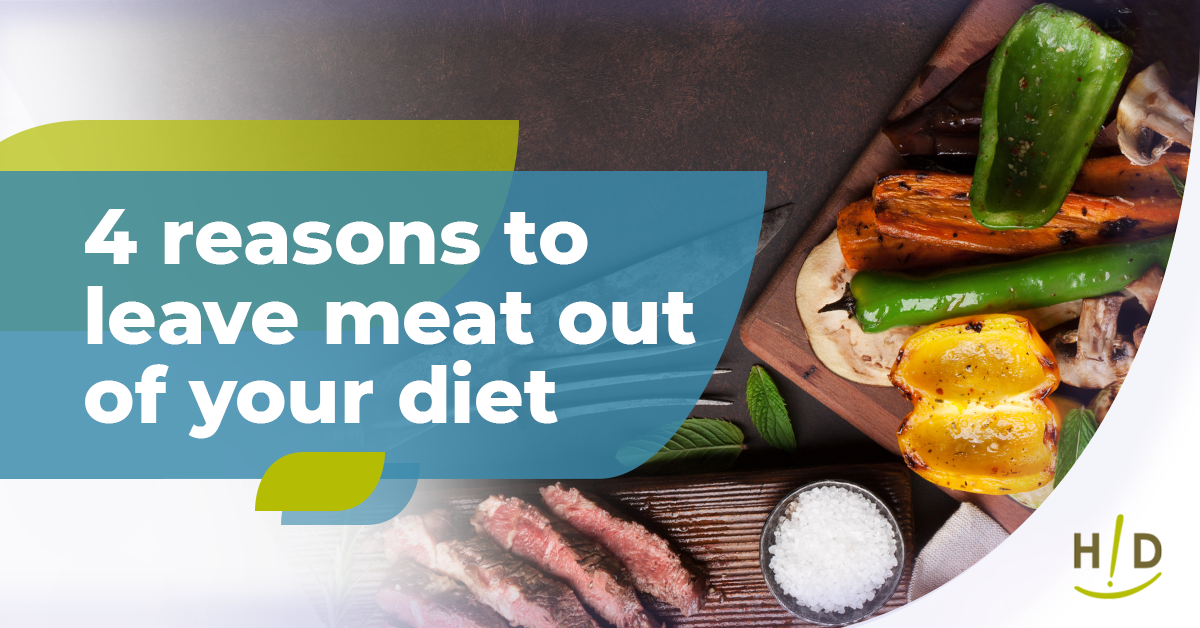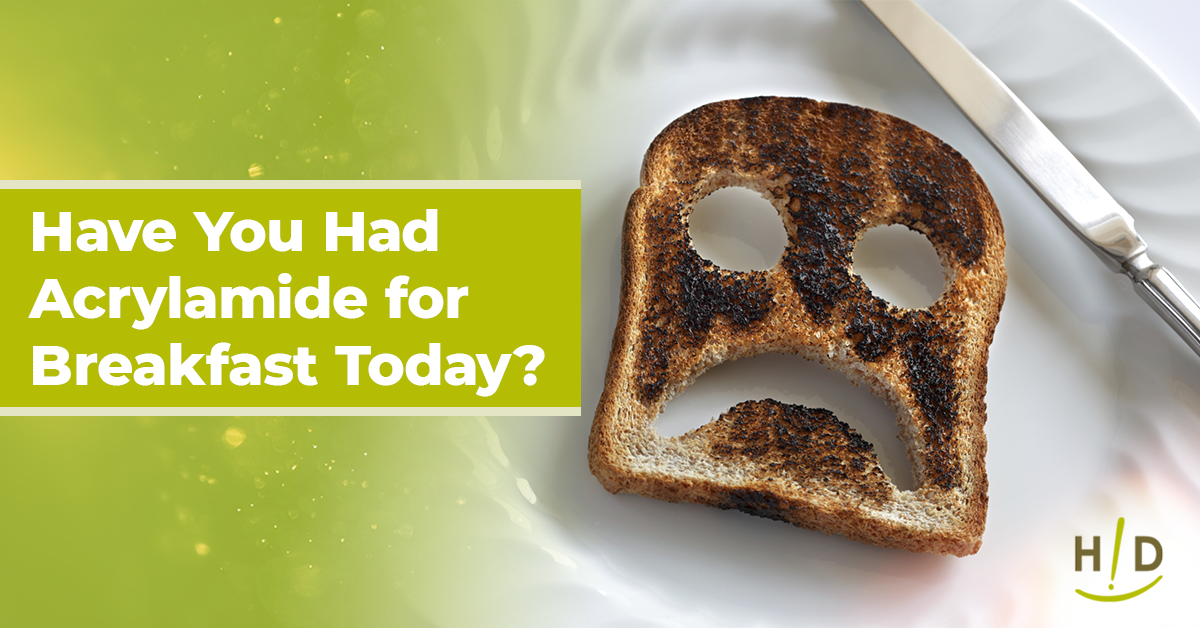Meat used to be viewed as healthful, necessary for obtaining protein, and capable of promoting muscular growth. However, it’s been recently discovered that some meats contain high amounts of antibiotics, that red and processed meat promote inflammation, and that saturated fat from meat and dairy raises our risk of heart disease. According to several scientific researchers, persons who consume more dairy products and red meat are more likely to suffer from major illnesses including heart disease, diabetes, and cancer. Here are four in-depth reasons why you should cut meat out of your diet:
1. Meat Can Increase Risk of Heart Disease
The University of Oxford’s Nuffield Department of Population has reported research that shows increased intake of processed meat and unprocessed red meat has raised the risk of coronary heart disease by a significant amount. (1) Due to the high content of sodium and saturated fat, these elements can be harmful to the health of the circulatory system and leave a negative impact on cholesterol. High blood pressure and levels of cholesterol are well-known to be indicators of serious circulatory issues and diseases. The study goes on to suggest that if one reduces their red or processed meat intake by three quarters, it will leave a better impact on one’s health. However, should one cut these types of meats out entirely, the potential risk they cause would be removed altogether.
2. Cooked Meat Can Increase Risk of Diabetes
Research has found a link between certain methods of cooking meat and an elevated risk of Type 2 diabetes. The study found that increased processed meat intake was connected to a higher risk of mortality, with considerable ties to diabetes, as well as cardiovascular, respiratory, and neurogenerative diseases. It was also found that fatty meats contained higher risks of disease than a diet of leaner proteins, whole grains, and vegetables. Ultimately, they concluded that high-temperature cooking for red meat and some lean meats is associated with an increased risk of Type 2 diabetes in people that often eat meat. (2) This lengthy study offers insightful proof that consuming less red meat while increasing the consumption of healthy grains, veggies, and other sources of protein may lower the risk of dying young. Adopting some level of diet that prioritizes nutritious plant foods is crucial for improving human health.
3. Reducing Meat Consumption is Climate Friendly
Because they require fewer natural resources and are easier on the environment, plant-based diets are more sustainable than animal meat products. Environmental evidence is mounting, quickly demonstrating the unsustainable nature of the present meat- and dairy-heavy global food consumption patterns. The largest human source of greenhouse gases that we can influence is the use of land, water, and fossil fuels required for farming animals. One review has found that diets that are vegetarian, vegan, and pescatarian could potentially reduce greenhouse gas emissions by as much as eighty percent. (3) By reducing meat consumption, in addition to doing what’s healthy for our bodies, we’d be doing what’s healthy for our planet, as well.
4. More Plants Can Be Better
There are several eating habits that do not or only sometimes involve meat, and many of these have some degree of positive health effects. There is research that suggests that vegetarian and vegan diets reduce the risk of heart diseases, diabetes, and cancer. (4) Prioritizing vegetables allows for higher intake of beneficial nutrients, such as antioxidants and fiber. In addition, those that follow plant-based diets have reported that the practice is very effective for weight loss plans.
Whatever your reason to cut out meat is, the addition of healthier and more sustainable diet practices will work to fill some of the gaps on the path to eating healthier.
1 https://www.ox.ac.uk/news/2021-07-21-red-and-processed-meat-linked-increased-risk-heart-disease-oxford-study-shows
2 https://diabetesjournals.org/care/article/41/5/1049/36533/Meat-Cooking-Methods-and-Risk-of-Type-2-Diabetes
3 https://www.ncbi.nlm.nih.gov/pmc/articles/PMC5094759/
4 https://pubmed.ncbi.nlm.nih.gov/26853923/







1 comment
DiAnne Slater
Back to Creators Diet…in 1974 introduced to vegetarian food by Adventist family. In 1978 I was hired by Alaska’s first State Veterinarian. Dr. Fred Honsinger was the Director of Animal and Seafood Inspection for Alaska.
On my very first day at work Doc Honsinger shared one shocking piece of advice about eating chicken. Mind you I grew up on a farm. Barnyard chickens were more organic than those several thousands of chickens raised indoors at those mega facilities. After being educated about the inspection processes Docs warning made sense… “DiAnne. Never eat the chicken.”
Back to Creators Diet…in 1974 introduced to vegetarian food by Adventist family. In 1978 I was hired by Alaska’s first State Veterinarian. Dr. Fred Honsinger was the Director of Animal and Seafood Inspection for Alaska.
On my very first day at work Doc Honsinger shared one shocking piece of advice about eating chicken. Mind you I grew up on a farm. Barnyard chickens were more organic than those several thousands of chickens raised indoors at those mega facilities. After being educated about the inspection processes Docs warning made sense… “DiAnne. Never eat the chicken.”